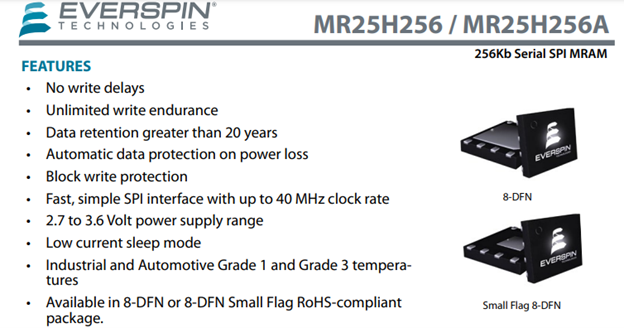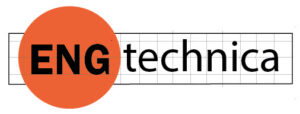
Lucid Motors will be using Everspin Technologies’ PERSYST MRAM for its Gravity luxury all-electric SUV, which is expected to be delivered to eager customers in early 2025.
The Gravity will have an undisclosed number of 256Kb MRAMs. In automotive applications, persistent memory like MRAM is typically deployed in key places rather than in large quantities like ordinary RAM. An EV might use a few MRAM chips for critical functions—one or two per key system, such as the powertrain control module, battery management system, or main control units.
“The selection of our PERSYST product family is a testament to the reliability and performance our MRAM products provide in demanding environments,” said Everspin CEO Sanjeev Aggarwal, as MRAM’s role in automotive data resilience grows.
MRAM stands for magnetoresistive random access memory, a type of non-volatile memory that uses magnetic states to store data rather than an electric charge. Non-volatile memory retains information even when the power is turned off.
The magnetoresistive RAM concept first came about in the 1970s by researchers at IBM and Motorola, and later Freescale, but it was in the 1990s that the technology turned into a product. Freescale Semiconductor is credited with creating the first commercially viable MRAM in 2006. Everspin, a spinoff from Freescale, advanced the whole concept with its “Spin-Transfer Torque MRAM (STT-MRAM), which emerged in the 2000s with an advantage in automotive applications, according to Everspin sources.
Lucid may have picked Everspin’s MRAMs after its experience with using them in the design of the Lucid Air, which uses the MR25H256AMDF 256Kb chip integrated into its master powertrain system.

MRAM chips claim several advantages over other types of non-volatile memory, such as Flash or FeRAM, particularly in applications requiring enduring memory retention, fast speeds, and reliable data integrity. Flash memory degrades with repeated MRAM and has virtually unlimited write cycles. This should appeal to vehicle manufacturers who do not want to service warranty claims and vehicle owners after the warranty period.
Everspin’s MR25H256A has little resemblance to the RAM you would find in your temperature-controlled, stationary PC. They meet hardship requirements imposed by all-weather, shock and vibration resistance of vehicles. For example, automotive MRAMs have to operate reliably in temperatures ranging from -40°C to +125°C.
Unlike Flash, DRAM, FeRAM, MRAM claims to retain data with greater reliability and, lower power requirement and lower power consumption and is more resilient to temperature fluctuations (electrical engineers with more knowledge of volatile memory than I am welcome to correct me)
Everspin is not alone with an MRAM chip. IBM was an early developer of MRAM technology and has conducted significant research into improving MRAM speed and density. Samsung has been actively developing MRAM for use in its consumer electronics and offers MRAM-based embedded memory for integrated circuits. The biggest semiconductor manufacturer in the world, Taiwan’s TSMC, manufactures embedded MRAM (eMRAM) for customers in automotive, IoT, and other applications.
Everspin Technologies (from Everspin sources)
Founded in 2008, Everspin Technologies is headquartered in Chandler, Arizona, and is a leader in magnetoresistive random access memory (MRAM) technology. The company designs and manufactures high-performance MRAM solutions, including persistent MRAM and Spin-Transfer Torque MRAM (STT-MRAM), which are used in data-intensive applications across various industries such as automotive, industrial IoT, and data centers. Everspin’s products are known for their endurance, fast read/write speeds, and data integrity, making them ideal for environments requiring reliable, non-volatile memory. Everspin’s MRAM solutions, such as the PERSYST MRAM family, offer virtually infinite write cycles, low latency, and resilience under extreme temperatures, positioning them as critical components in sectors needing robust data retention. With a customer base spanning diverse mission-critical industries, Everspin reported annual revenue of approximately $54 million in 2023, reflecting strong demand for durable memory solutions that ensure data

